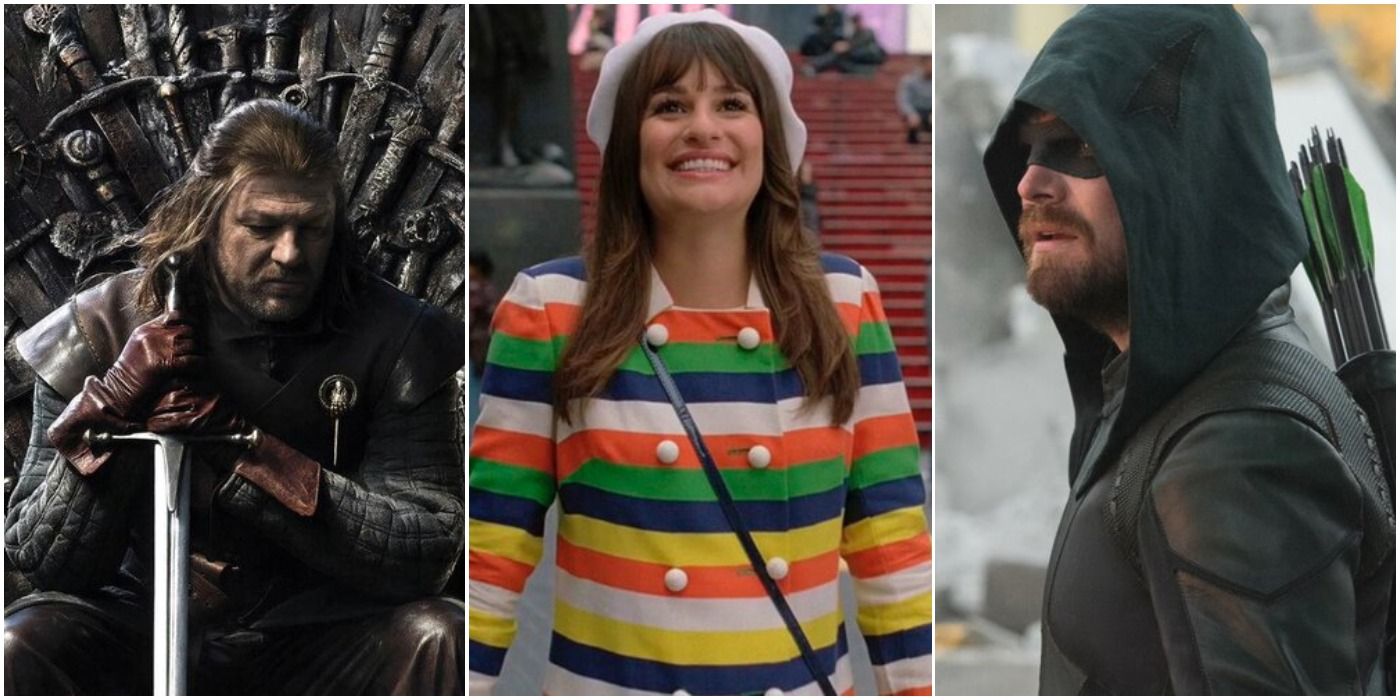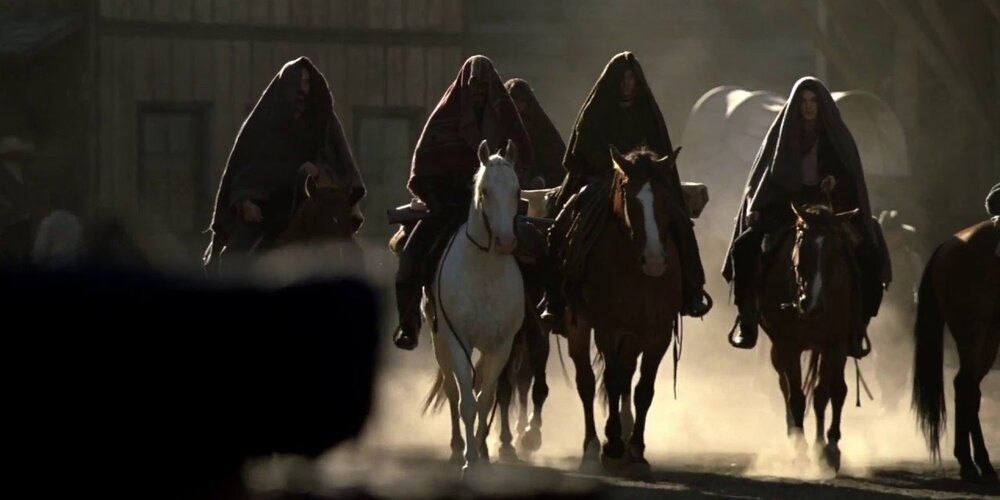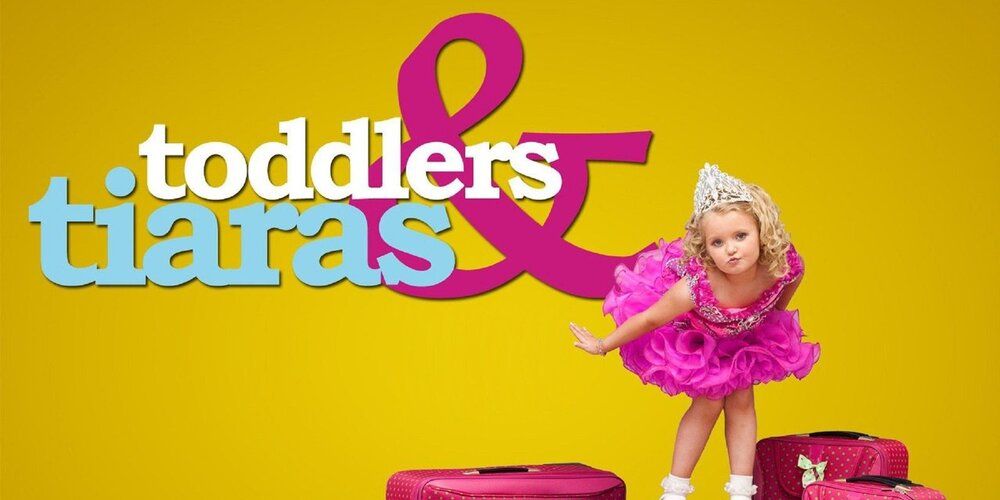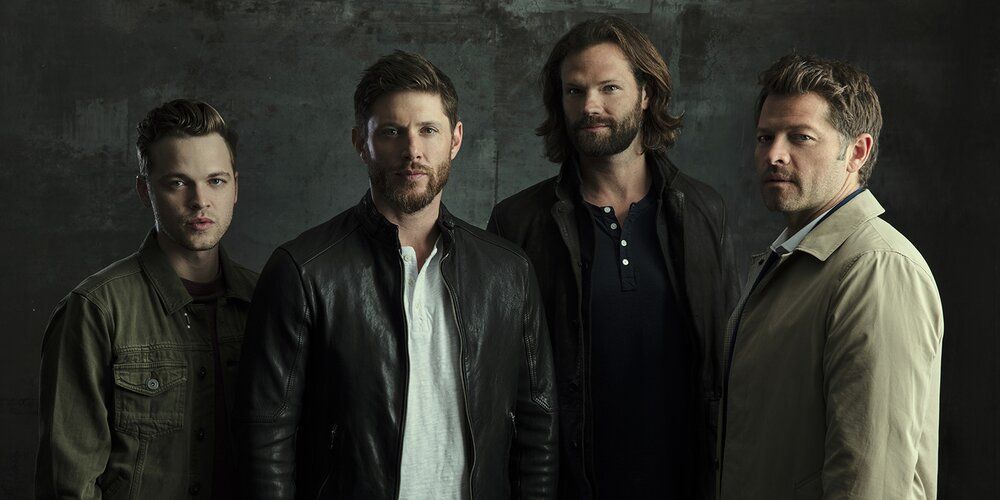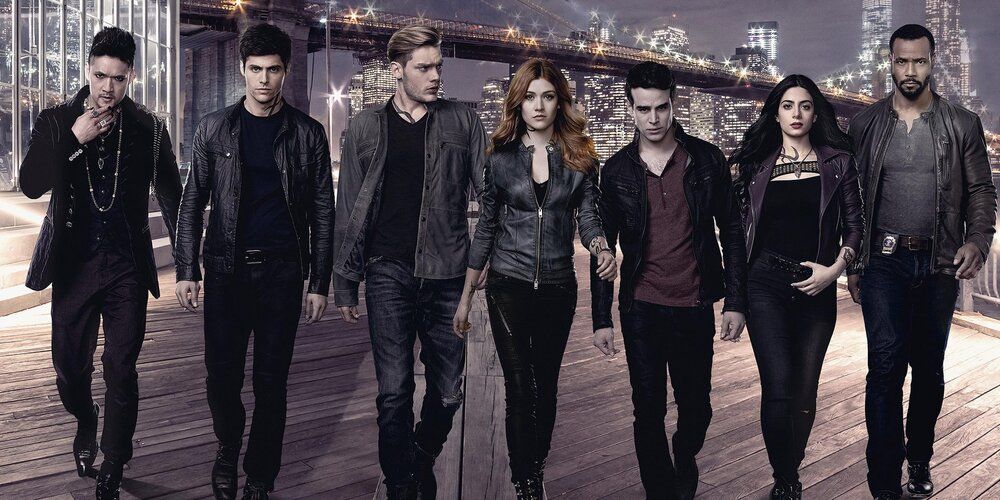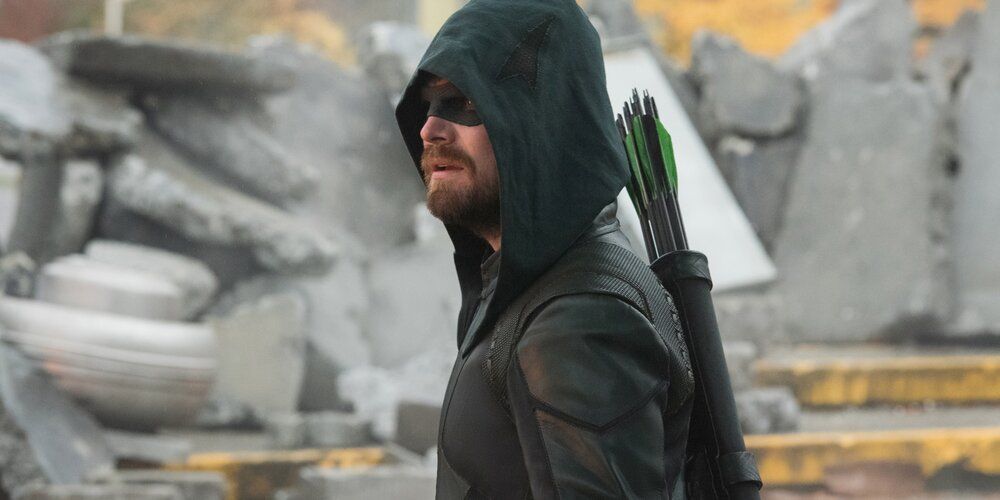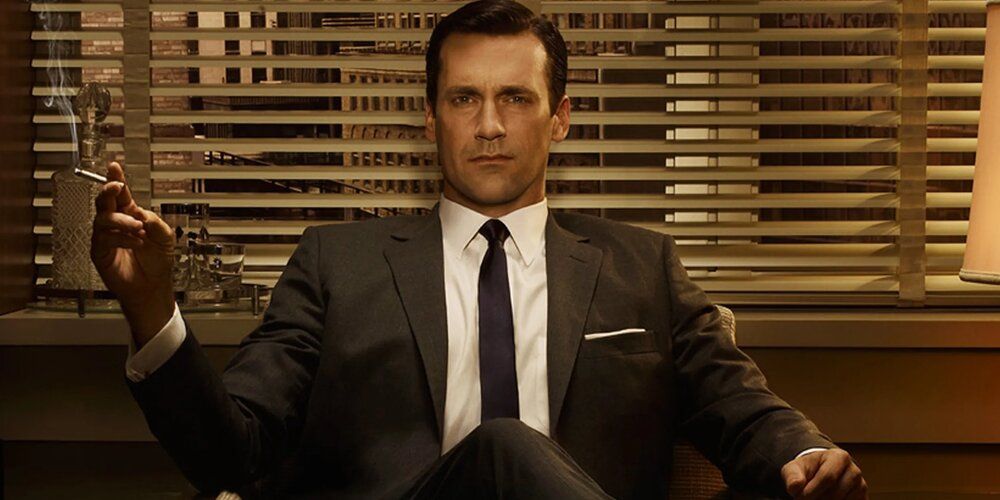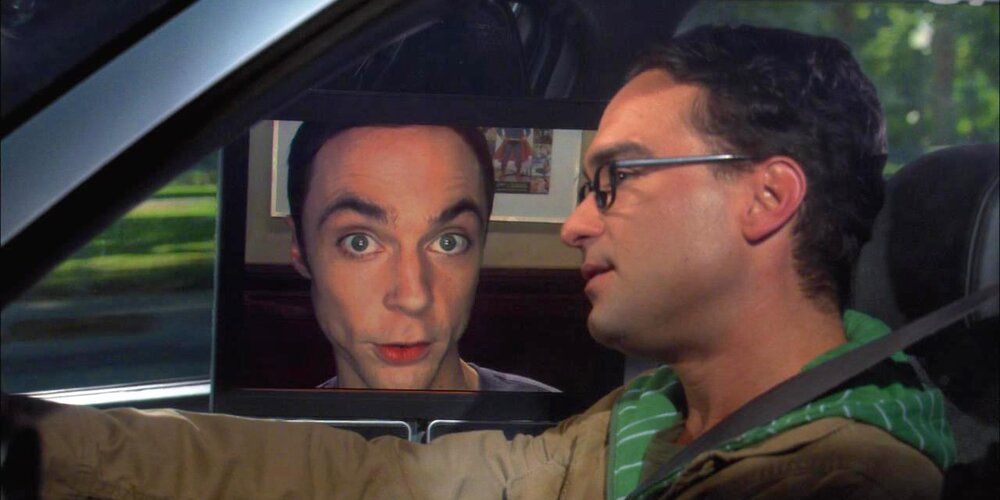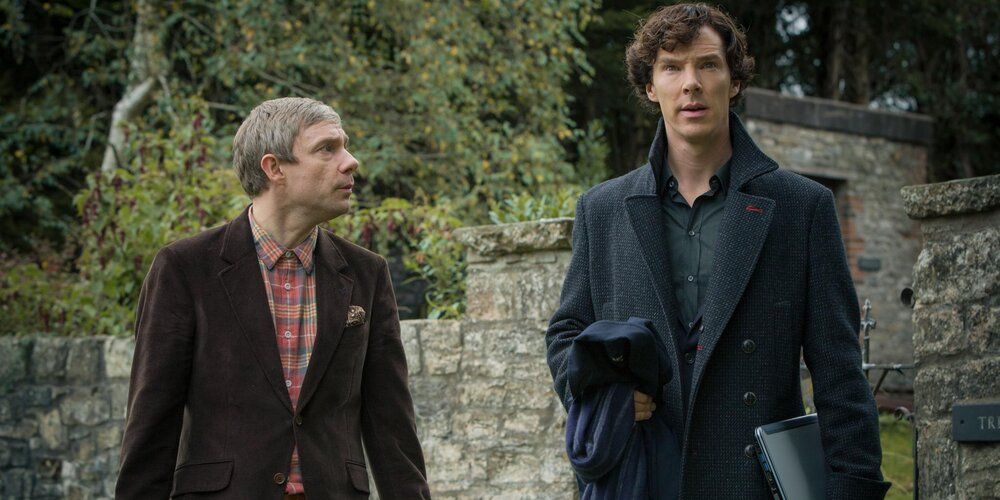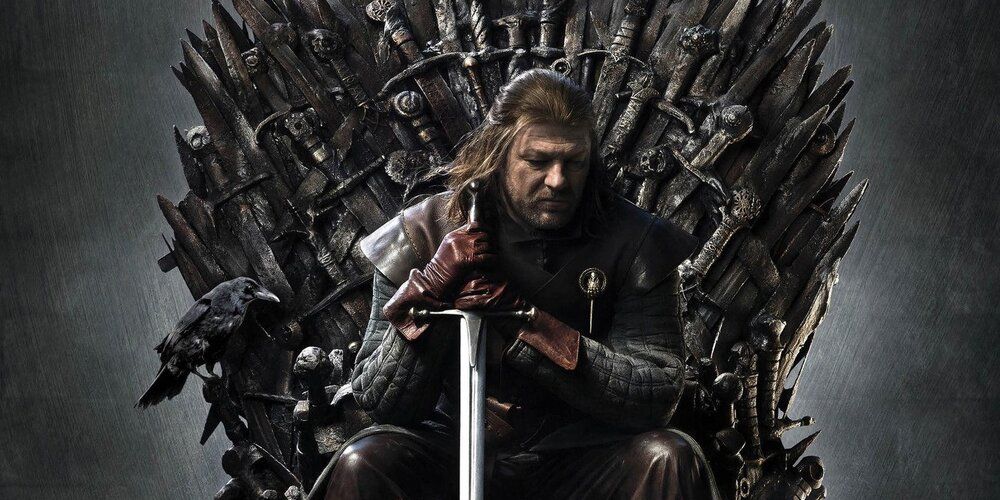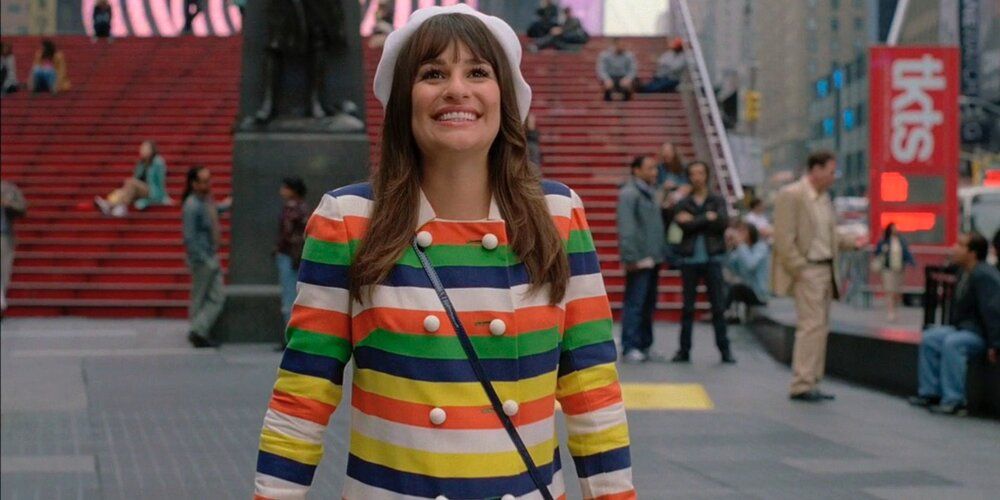People can like or dislike television series for any number of reasons. A show could perfectly appeal to audiences with its characters, themes, and casting, or potentially alienate them with its plots, content, or moral grounds.
Typically, opinions on a show involve a diehard fanbase, particular detractors, more casual fans, and a large number who simply do not care. However, some TV shows are polarizing downright polarizing.
10 Westworld Is Either Genius Or Gratuitous And Confusing
Westworld, a sci-fi western set in a theme park, earned acclaim and praise in its first season, and to a lesser extent its second season. Westworld had an intensely layered story, deep exploration of its themes, and spectacularly-shot action.
The series always faced detractors who regarded its storytelling as less complex, and more impenetrable, being deliberately obtuse to sell the illusion of a large reveal. Furthermore, some considered the show to be gratuitous in its showing of brutal murder, and implied sexual assault. Opinions have shifted since Westworld's acclaimed first season, as the show's quality was considered to drop.
9 Toddlers And Tiaras Was Hated By Nearly Everybody
Reality shows have a tendency to be divisive. Their success is often dependent on shock factor, with people tuning in to see interesting or appalling people and situations. As a result, they often get accused of being exploitative or insensitive.
Toddlers and Tiaras focused on the world of child beauty pageants, already an incredibly contentious topic in itself. Focusing on their excesses, the show was loathed by many for its seeming sexualization and objectification of children, but had a devoted fanbase for all of its five seasons.
8 Supernatural Outstayed Its Welcome And Goodwill
Supernatural was one of many shows notorious for its passionate online fandom, in particular sharing a fanbase with Sherlock and Doctor Who, referred to by themselves and others as "Superwholocks." Supernatural fans were known to be particularly devoted to the show.
Outside of its fanbase, however, the show wore through its goodwill with others. Although certain actions from Supernatural's fanbase didn't help, the series continuing on long after its quality was seen to drop frustrated many. This wasn't helped by seemingly wasted storylines, poor treatment of female characters, and queerbaiting with its protagonists.
7 Shadowhunters Pleased A Particular Segment Of Fans
Shadowhunters was adapted from the book series The Mortal Instruments. Shadowhunters lacked some of the mainstream notoriety of many other shows, with awareness mainly coming from online fandom spaces. Within those spaces, Shadowhunters proved quickly contentious.
Within its fanbase, Shadowhunters was beloved for its character exploration, perceived positive representation for gay men and storylines. Outside of these spaces, however, the series was criticised for being self-serious, unintentionally funny, and by some for being inaccurate to the books. It was the enthusiasm and spread of its fanbase that saw many turn to despising the show.
6 Arrow Slid Into Divisiveness
In its first two seasons, Arrow was considered the best superhero show television had to offer. Arrow was praised for its different look at a less-mainstream hero, its deep storytelling, and its characters. Initially, Arrow was enthusiastically received by many.
After its first few seasons, however, Arrow became more contentious. Audiences began to dislike the series for wasting its source material, the nature of Oliver and Felicity's relationship, and the wider effect it had on other Arrowverse properties. Nonetheless, Arrow retained a loyal and devoted fanbase all the way to its end.
5 Mad Men Was Accused By Some For Missing The Mark
Mad Men is still considered by some to be one of the greatest television shows ever produced, with its character of Don Draper still thought of as one of the seminal protagonists of TV.
Mad Men retains adoration from many, not even from its dedicated fans. Persistently throughout, there were some who viewed Mad Men not as critical of the sexist 1960s mores as it tried to be, and that it served as wish-fulfillment in ways that were less wholesome than ideal. Mad Men was despised it for its relentless and sometimes glamorized depiction of the era's problems.
4 The Big Bang Theory Exasperated Many
Sitcoms, particularly the most successful ones, often build up an audience who despite the show. Perhaps viewing sitcoms as 'low-quality' television, dislike the particular concept, or view them as going on too long. Nonetheless, The Big Bang Theory attracted particular divisiveness over its run.
Fans lauded The Big Bang Theory's humor, geeky references, and one of the most distinct TV characters of the decade: Sheldon Cooper. Detractors hated the series for being overexposed, seemingly surface-level in its geekdom, mocking towards both nerds and women, and for running for 12 years.
3 Sherlock Was Either Brilliant, Or Pretentious
As part of the fierce "Superwholock" internet fandom, Sherlock had a large number of fans elsewhere. With Sherlock Holmes being one of the most iconic fictional characters of all time, high-quality adaptations tend to be popular with audiences.
Nonetheless, Sherlock became more contentious with time. Some fans enjoyed its plotlines, chemistry between Benedict Cumberbatch and Martin Freeman, and intelligence. However, others despised the series for being overhyped, the actions of its fanbase, and also for being construed as pretentious, particularly in light of its fourth season.
2 Game Of Thrones' Brutality Drew Criticism
For most of its run, Game of Thrones was one of the most widely-watched and influential TV shows of recent memory, becoming a pop culture juggernaut and beloved for its plotting, characters, and action.
While millions watched and adored every single episode, there was always a large amount of criticism directed at the show. Although some considered Game Of Thrones as simply not good, others lambasted the show for its frequent brutal violence, including towards children; and for its near-constant nudity and sex scenes, including in the context of sexual assault.
1 Glee's Own Fanbase Was Divided
Glee's first half-season earned genuine praise and appreciation from most audiences, in particular for its cast of largely-unknown talent, clever writing, and musical numbers. From there, appreciation largely went downhill.
In Glee's second season, fans turned against the show for any number of reasons. From plotlines that stopped and started seemingly at random, accused character derailment, to choices unpopular with fanbases of various ships. Outside of the fanbase, Glee became known for preachy writing, and questionable musical numbers, subject to numerous parodies. Nonetheless, the series retained a devoted contingent of fans all the way to the end.

